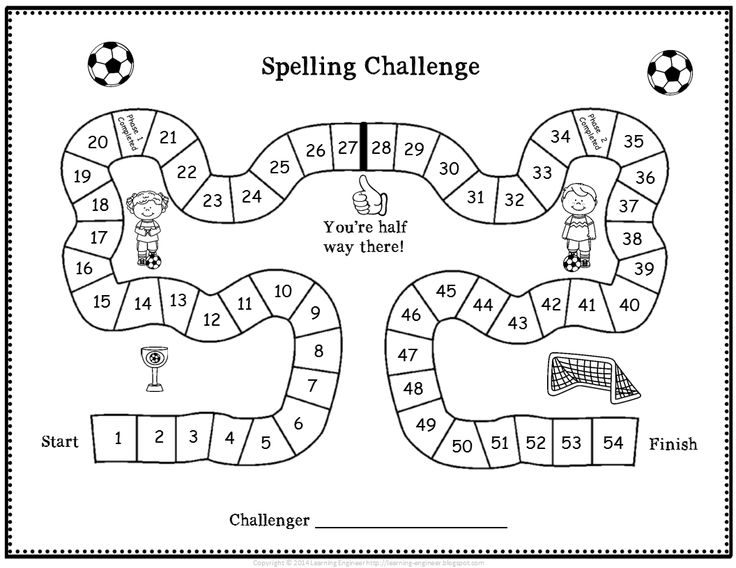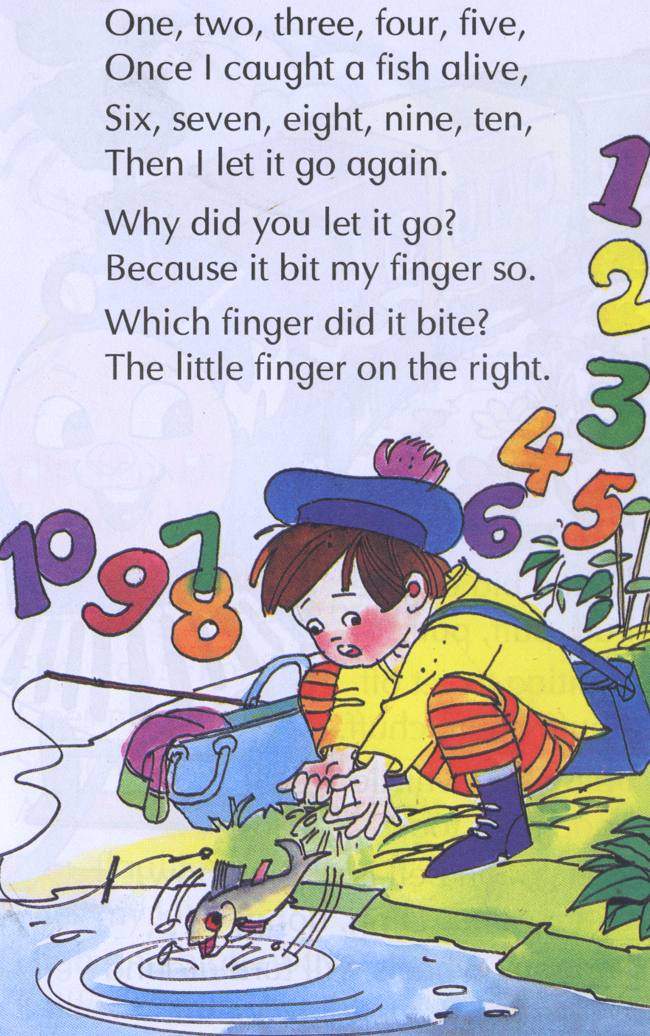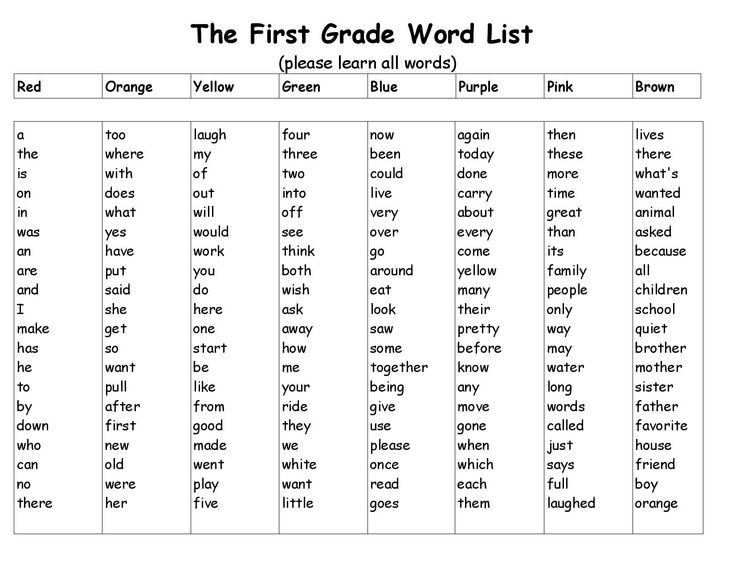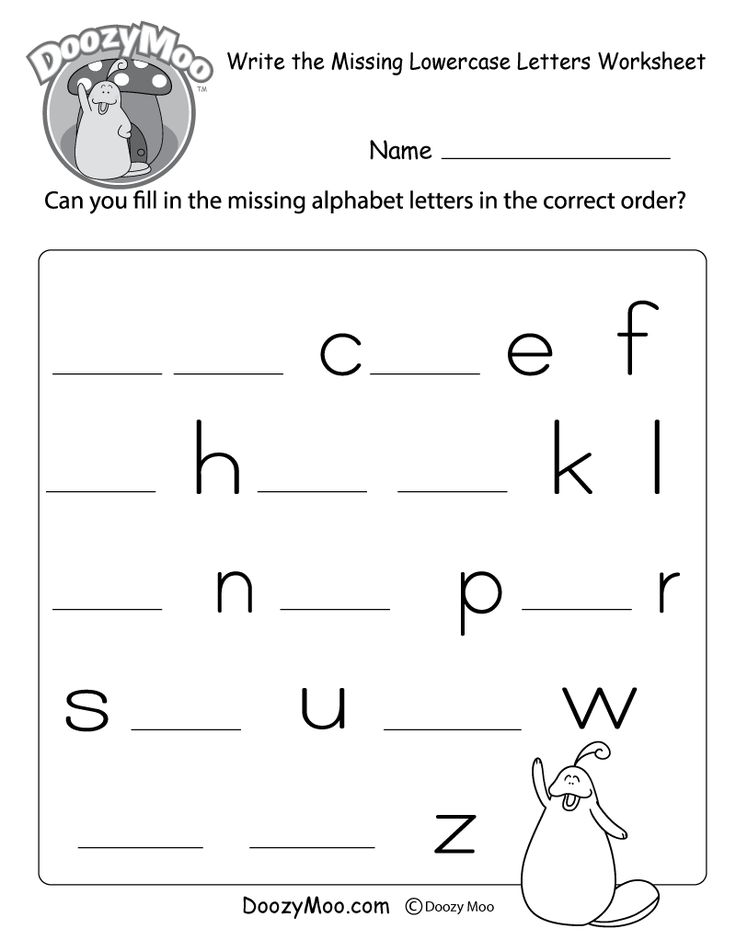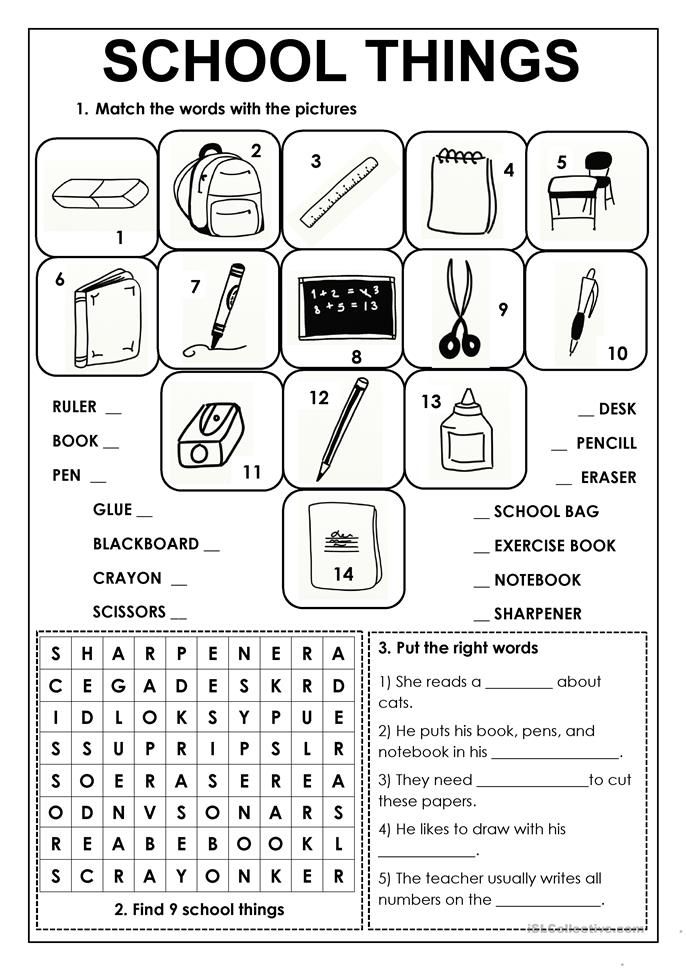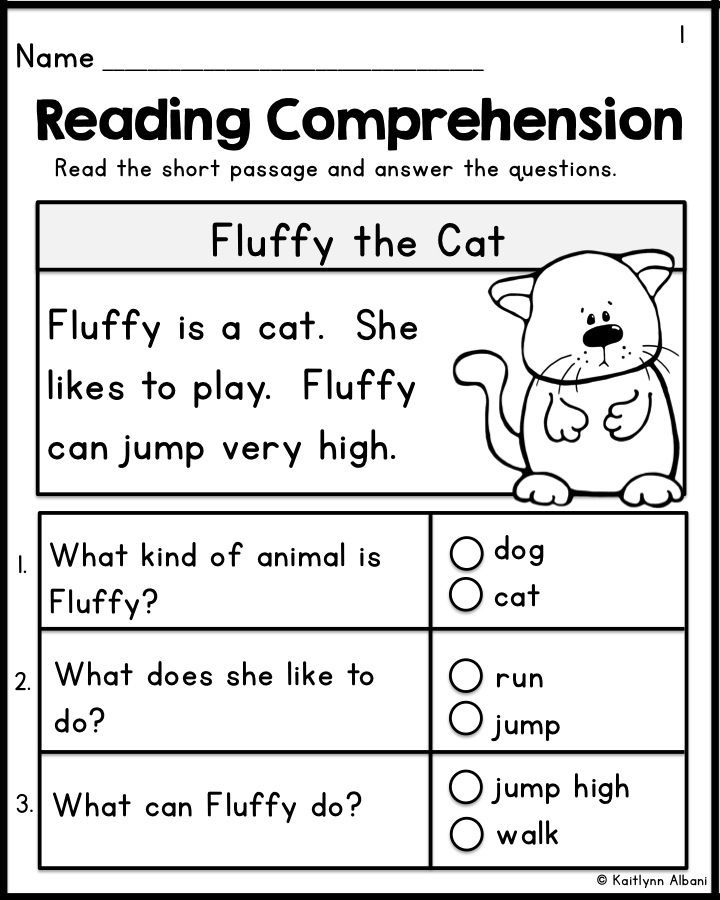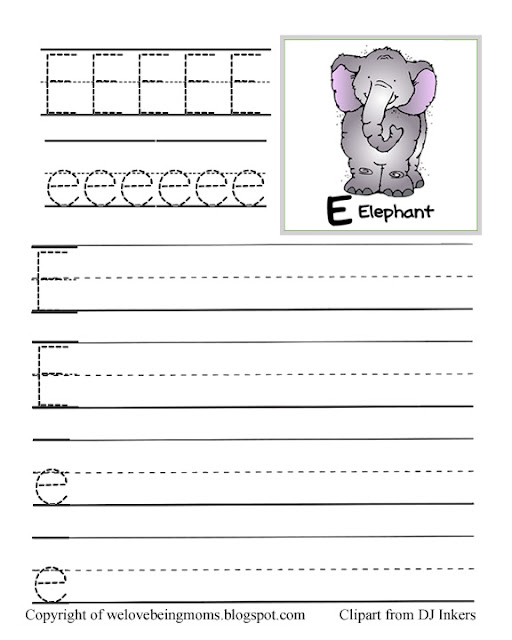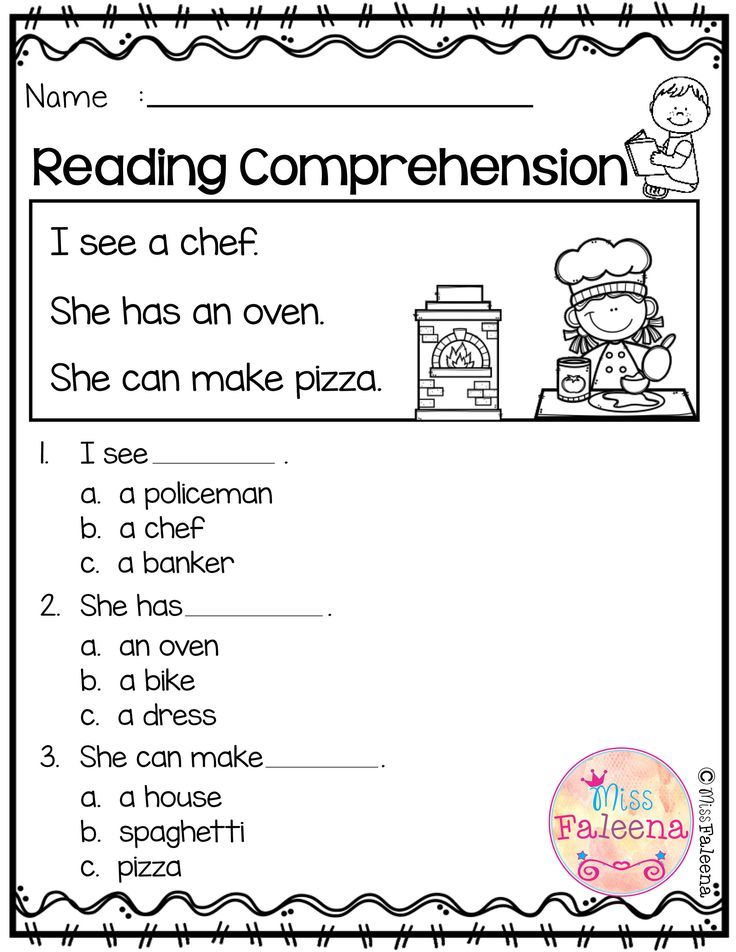List of adjectives for grade 1
Excellent Adjectives for Kids- A Comprehensive List
Young children start learning about people and their surroundings from an early age, which is why teaching them adjectives is the perfect way to give them a solid foundation from which they can experience the world and build their vocabulary. In addition, by learning how to use descriptive adjectives to describe these experiences, kids start to feel more in control of their own world. The value of adjectives for kids comes from their ability to characterise a noun, giving more detailed and imaginative information about the object of discussion.
By adding the ability to visualise something more clearly, a reader can learn to convey feelings with more emotion and to describe exactly what you want using precise language. Do you want your child to expand their vocabulary by learning age-appropriate adjectives for kids for just 20 minutes every day? Then you should get the KidSmart app. KidSmart is more than just being one of those writing apps for kids, but a tried and tested educational tool geared towards critical thinking and self-learning through games and interactive activities.
Here’s a list of common adjectives for kids that you can start teaching based on their reading and interaction levels:
Contents
- 1 Adjectives for Kids by Grade (US) or Year (UK)
- 1.1 Grade 1
- 1.2 Grade 2 – 3
- 2 Download practice worksheet packs
- 2.1 Grade 4 – 6
- 3 Classifying Adjectives: Grammar for Kids
- 4 How KidSmart Can Help Writing for Kids
- 5 Download Practice Packs
- 6 More Reading
Adjectives for Kids by Grade (US) or Year (UK)
Grade
1The following list of describing words are commonly used.
Colours: blue, green, purple, orange, black, white, pink, red, yellow
Size: big, small, short, tall, fat, thin
Sounds: loud, quiet
Shapes: round, square, oval, triangular
Numbers: one, two, few, many
Touch/Texture: rough, smooth, soft, hard
Weather: sunny, rainy, windy, dark, light, cloudy
Grade
2 – 3Alphabetising the common adjectives for kids can help them learn the describing words and their respective meanings more quickly and organise their learning process. This will also allow them to find adjectives that start with a specific letter more conveniently and explore other options more easily.
This will also allow them to find adjectives that start with a specific letter more conveniently and explore other options more easily.
Letters A-C: angry, bumpy, busy, brave, crispy, cruel, cheerful, chilly
Letters D-H: dangerous, deep, dirty, dry, empty, equal, easy freezing, funny, fat, fluffy, furry, fuzzy, huge
Letters I-N: itchy, icy, juicy, kind, lazy, long, lumpy, left, large, mean, messy, naughty, new, nice
Letters O-R: oily, old, plump, pretty, proud, quick, ready, ripe, right
Letters S-Z: short, simple, slimy, sloppy, slow, spiky, spoiled, sticky, stiff, still, stinky, strong, swollen, thin, tiny, tricky, ugly, weak, wise, wrong, wet
Download practice worksheet packs
Download Adjectives for Grade 3 Kids Pack 1
Grade
4 – 6Letters A-C: able, adventurous, absurd, apologetic, aware, alert, amusing, ancient, annoyed, anxious, bitter, brilliant, bashful, beautiful, bulky, capable, cautious, creative, creepy, cruel, curly, challenging, charming, clever, compassionate, cosy, cranky
You can learn many more adjectives for kids that start with a or start with b.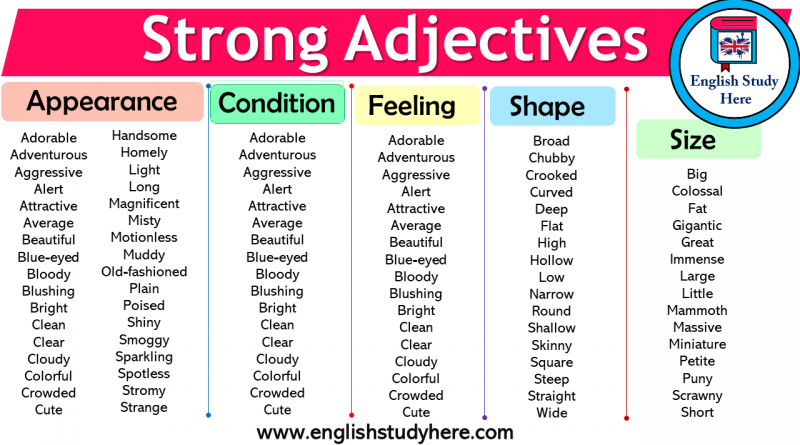
Letters D – H: damp, daring, delicate, delicious, disrespectful, dreadful, dull, ecstatic, endless, enormous, entertaining, exhausted, fantastic, foolish, frightened, furious, fussy, gentle, gigantic, gorgeous, graceful
Take a deep dive into many more adjectives that begin with e.
Letters I – N: innocent, icky, intelligent, infinite, jaded, joyful, jolly, jumpy, kind-hearted, kindly, knowledgeable, likely, lousy, loyal, lucky, marvellous, naive, nervous, nimble
Familiarise yourself with many excellent adjectives for kids that start with j, with m and with n.
Letters O – S: optimistic, oval, petite, pleasant, polite, precise, prickly, salty, shocking, slick, slippery, sour, sparkling, straight, stubborn, stunning
Jump to the list of excellent adjectives for kids that start with r and that start with s.
Letters T – Z: temporary, terrified, timid, tricky, truthful, whimsical, young, yummy
Classifying Adjectives: Grammar for KidsThere are different kinds of descriptive adjectives in the English language, all of which will at some point or the other be a solid stepping stone towards improving grammar for kids as they get older and advance through the school system.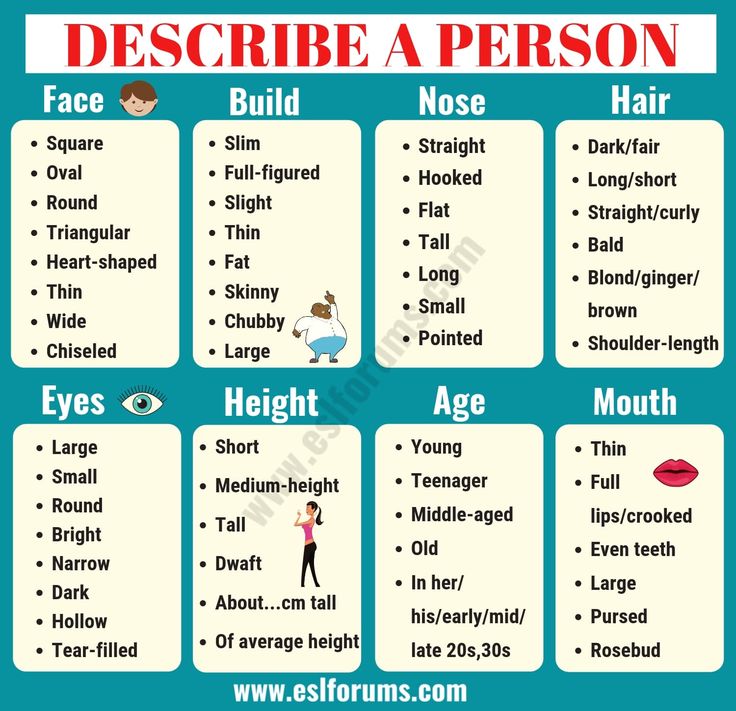 After organising the words in alphabetical order, these descriptive adjectives have been further sorted into categories for greater understanding and can be quite useful when preparing for promotional exams, such as the CEM and 11+.
After organising the words in alphabetical order, these descriptive adjectives have been further sorted into categories for greater understanding and can be quite useful when preparing for promotional exams, such as the CEM and 11+.
Proper Adjectives
These adjectives are derived from proper nouns and are used to describe something in terms of culture, nationality, or religious affiliation.
Some examples of proper adjectives include: African, Asian, British, French, Japanese, Latino, American, Australian, Catholic, Lutheran, Jewish
Food Adjectives
There are many words that can be used to conjure tasteful images when discussing food choices. With the proper adjective definition for kids, they can understand the difference between a “ tasty, cheesy, homemade, spaghetti with meatballs” and a “regular mass-produced fast food pasta,” Some examples include:
Sweets: sugary, chocolatey, syrupy, minty,
Fruits: ripe, sour, juicy, tart, acidic
Dairy: Cheesy, buttery, creamy
Beef: Chewy, peppery, spicy, marinated, lean, dry
Cereal: crunchy, soggy, flakey, nutty
Adjectives for Describing a Person
There are many terms that can be used to describe people in terms of their physical appearance and personality traits.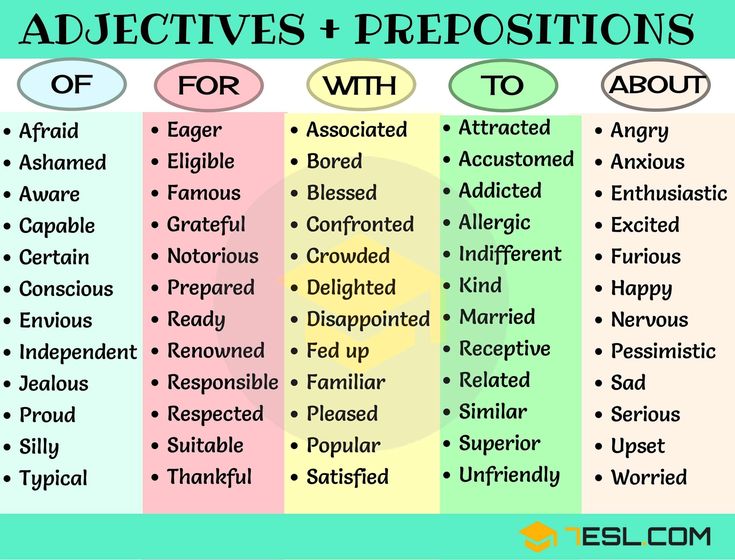 It is important for your child to have these words in their written and spoken vocabulary because as they grow older, they will at some point, face a situation that requires them to describe someone. Some examples include:
It is important for your child to have these words in their written and spoken vocabulary because as they grow older, they will at some point, face a situation that requires them to describe someone. Some examples include:
Characteristics and Traits: clever, creative, kind, generous, considerate, flexible, mysterious
Personality traits: calm, humble, arrogant, proud, charismatic, mean
Physical Appearance: straight hair, cropped hair, blonde, brunette, lanky, dwarfish, plump, skinny
Learn many more adjectives to describe a person.
Happy Adjectives
These words are great for describing jubilant situations, helping children create strong descriptions for a party or celebration scenes like their last birthday or playdate.
Examples include: beaming, joyous, blissful, joyful, delightful, pleased, cheerful, jovial, jolly, glad, thrilled, elated, gleeful, sunny
Peaceful Adjectives
These words are used to describe a state of serenity.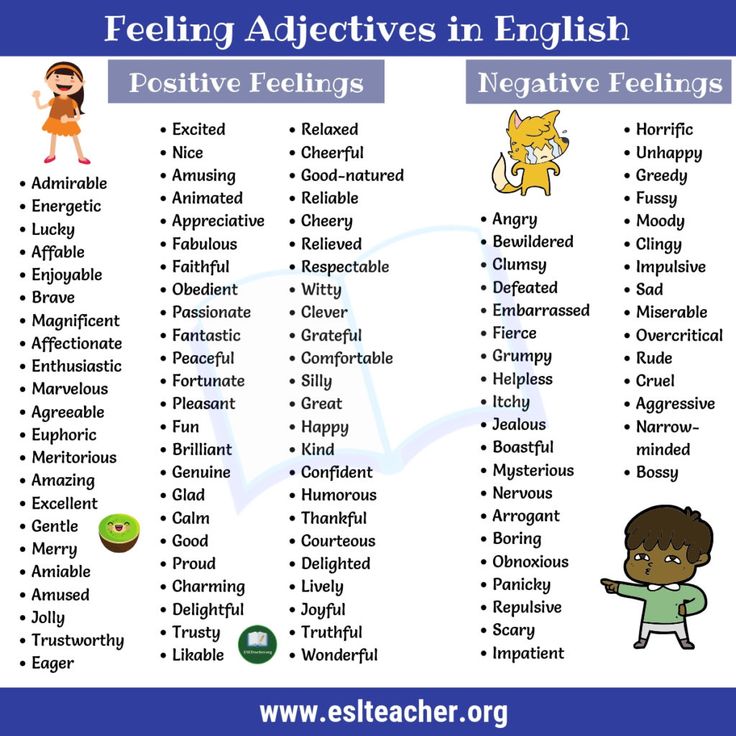 Some examples include: serene, calm, harmonious, peaceful, nonviolent, quiet, undisturbed, still, soothing, tranquil, relaxing, restful
Some examples include: serene, calm, harmonious, peaceful, nonviolent, quiet, undisturbed, still, soothing, tranquil, relaxing, restful
Sporty Adjectives
Many school curricula include a variety of sporting events as part of their physical education activities, so your children have most likely come across these types of adjectives.
Examples include: accurate, active, agile, athletic, frenetic, skilful, speedy, swift, slick,
Adjectives to Describe a Place
These descriptive words can serve as a springboard for the new territory that your child visits or reads about. By learning the right adjectives to describe a location, they become even more interested in learning more about the world outside of their immediate surroundings.
Some examples include: gigantic, grassy, exotic near, far, tidy, spacious, spooky, smelly, lively
How KidSmart Can Help Writing for KidsBecause descriptive adjectives are so common in everyday conversations and learning materials, learning more about them is vital to creating and speaking grammatically correct sentences.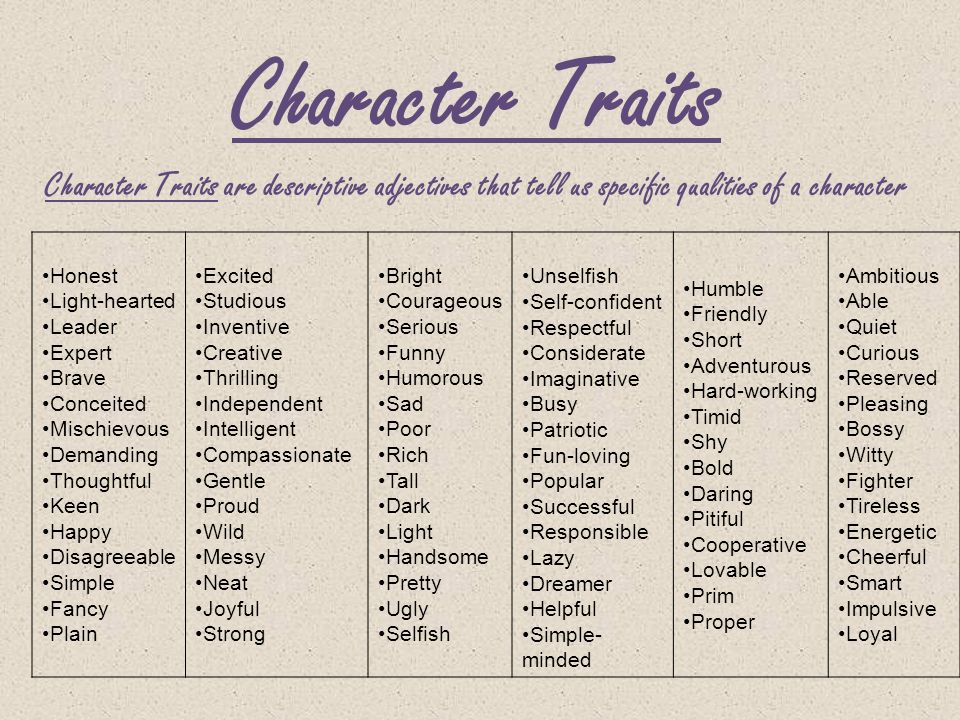 KidSmart can help achieve this through its array of gamification strategies and activities that are designed for
KidSmart can help achieve this through its array of gamification strategies and activities that are designed for
- Progressive Grammar – The app follows progressive development methodology and introduces new concepts based on the level of understanding specific to your child.
- Spelling – Since KidSmart is geared towards the UK curriculum, it presents words that are relevant for the child’s year and tests them multiple times to assess their confidence level. It then adjusts the difficulty level automatically based on the responses.
- Vocabulary Building – As your kids progress, new words are introduced with meaning and usage examples. They also have access to the Oxford Dictionary at any time.
Download Practice Packs
Download Adjectives for Grade 3 Kids Pack 1
More Reading
Adjectives with S
What’s an adjective?
BBC: What are adjectives for year 2-3?
List of Adjectives for Kids - 1000+ Adjectives for Kids
List of Adjectives for Kids!
What is an Adjective?
An adjective is a word that describes or modifies another person or thing, an adjective describes a noun or a noun phrase.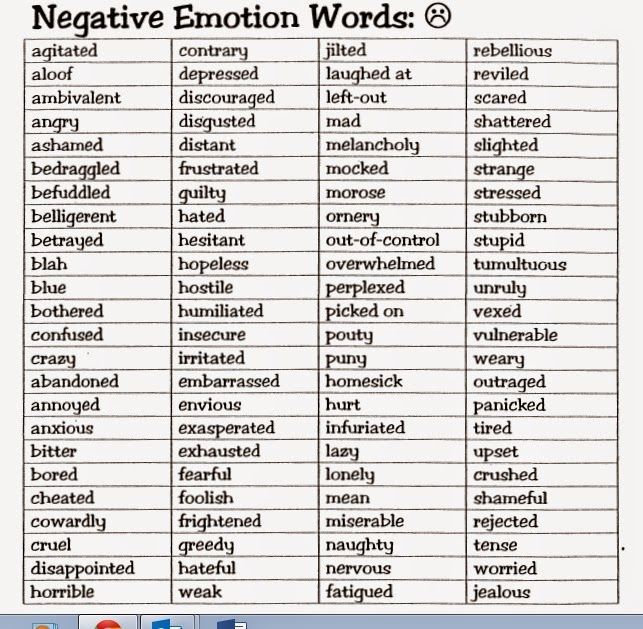 i.e. vexed, giddy, eager, etc.
i.e. vexed, giddy, eager, etc.
List of Adjectives for Kids
Here is a cool list of adjectives for kids:
| smug | ignorant | delirious | wakeful | brawny | nervous |
| nostalgic | fast | fat | fierce | quack | fierce |
| teeny-tiny | tangy | filthy | flat | floppy | fluttering |
| nebulous | unique | normal | needy | troubled | new |
| craven | foolish | frantic | succulent | voiceless | robust |
| needless | necessary | next | superior | nice | bite-sized |
| dangerous | nifty | stout | nasty | smooth | twitterpated |
| fresh | zippy | unbecoming | gaping | garrulous | scattered |
| cheeky | ill | gaudy | general | naughty | sassy |
| tender | natural | screeching | near | quiet | quickest |
| neat | nauseating | gentle | ghastly | reassured | illegal |
| ill-fated | nimble | unkempt | onerous | giant | round |
| apprehensive | scrawny | ill-informed | illustrious | imaginary | depraved |
List of Adjectives for Kids of Grade 1
| obnoxious | immense | wretched | nine | vexed | giddy |
| imminent | amused | bent | inconclusive | gifted | eager |
| obscene | incredible | goofy | gorgeous | obsequious | ludicrous |
| nonchalant | ecstatic | efficacious | abandoned | nonsensical | nondescript |
| industrious | tawdry | infamous | brown | inexpensive | careful |
| graceful | innate | combative | convoluted | bumpy | rampant |
| adorable | grandiose | bizarre | nonstop | defective | violent |
| innocent | cut | curious | lumpy | unable | maddening |
| grateful | conscious | nosy | shiny | shaky | gratis |
| wonderful | rotten | untidy | sore | blushing | boorish |
| adventurous | gray | venomous | dead | quirky | terrible |
List of Adjectives for Kids Grade 2
| greasy | creepy | beneficial | inquisitive | abnormal | grieving |
| handsomely | cautious | early | insidious | handy | ragged |
| itchy | acid | bad | ready | wide-eyed | cooing |
| charming | hanging | hapless | descriptive | happy | delightful |
| wicked | zany | cluttered | hard | aboriginal | jaded |
| hard-to-find | debonair | harebrained | astonishing | rebel | harmonious |
| helpless | decayed | whopping | quizzical | hesitant | common |
| hideous | complex | high | ratty | highfalutin | high-pitched |
| relieved | hilarious | distinct | wiggly | vast | jagged |
| busy | hissing | historical | instinctive | daffy | intelligent |
| jazzy | spotless | strong | burly | accessible | dependent |
| capable | quixotic | noxious | worthless | null | interesting |
| absurd | jealous | depressed | jittery | internal | costly |
Adjectives for Kids of Grade 3
| rainy | eight | pungent | straight | elegant | intrigued |
| unadvised | bewildered | damaged | alert | jobless | invincible |
| irate | irritable | taboo | irritating | impartial | boring |
| imperfect | cuddly | impolite | tart | breakable | unusual |
| better | numberless | important | imported | abhorrent | barbarous |
| easy | impossible | deafening | jolly | bustling | absorbing |
| abortive | empty | recondite | unarmed | broad | boiling |
| actually | delicate | joyous | deeply | daily | determined |
| wry | dazzling | impressionable | childlike | woozy | antsy |
| elated | incandescent | incompetent | kindly | deadpan | knotty |
| enchanted | teeny | condescending | nutritious | scared | knowing |
| colossal | known | utopian | labored | open | enchanting |
| zealous | abaft | disturbed | lackadaisical | amiable | numerous |
Adjectives for Kids of Grade 4
| shaggy | deserted | colorful | encouraging | endurable | crooked |
| energetic | devilish | lacking | unequal | lush | luxuriant |
| boundless | lame | upbeat | wide | cool | unwieldy |
| berserk | enormous | uttermost | dilapidated | entertaining | enthusiastic |
| emaciated | billowy | lamentable | moaning | responsive | envious |
| repulsive | ripe | small | cheerful | tall | exuberant |
| left | legal | changeable | abounding | fabulous | faded |
| whispering | redundant | faint | fair | second-hand | moody |
| scant | yellow | faithful | fallacious | arrogant | economic |
| curly | vague | muddled | weary | tasteless | erect |
| lethal | tearful | wet | muddy | false | mountainous |
| savory | elfin | level | tacky | ashamed | cultured |
| shallow | educated | tight | sticky | peaceful | optimal |
| elastic | familiar | satisfying | annoyed | obeisant | steady |
| faulty | fearful | fearless | nutty | soggy | cloudy |
| feigned | feeble | female | fertile | festive | few |
| oafish | frightened | friendly | embarrassed | obedient | frothy |
Also Read: List of Adjectives that starts with B
Adjectives for Kids of Grade 5
| frustrating | funny | fuzzy | silly | condemned | motionless |
| skinny | gainful | gabby | useless | aberrant | gamy |
| idiotic | thick | cloistered | sad | clammy | safe |
| gigantic | glamorous | lewd | sable | wobbly | racial |
| tasteful | damp | tan | abject | abusive | obese |
| cowardly | dear | calculating | abundant | lying | ablaze |
| bland | gleaming | light | acrid | thankful | watery |
| various | brief | glib | receptive | unknown | unhealthy |
| erratic | glistening | well-groomed | white | glorious | valuable |
| deceitful | uneven | batty | well-made | unsightly | pathetic |
| wandering | glossy | black | worried | pastoral | noisy |
| unwritten | versed | calm | godly | ethereal | tense |
| abrupt | good | blue | dull | paltry | dizzy |
| cumbersome | gritty | grotesque | concerned | past | whole |
| wiry | ugliest | grubby | grumpy | anxious | habitual |
| victorious | exasperated | parsimonious | verdant | clueless | biting |
Adjectives for Grade 6
| tasty | naive | wistful | uptight | ossified | ultra |
| thoughtless | abiding | petite | unbiased | befitting | acidic |
| permissible | windy | adamant | periodic | perpetual | decisive |
| half | clumsy | defiant | quick | wrong | wild |
| caring | hallowed | comfortable | halting | handsome | distraught |
| outgoing | smiling | outrageous | thoughtful | harsh | black-and-white |
| diminutive | violet | outstanding | scary | appetizing | neighborly |
| second | observant | unnatural | bawdy | hateful | heady |
| slippery | chief | healthy | sparkling | questionable | nappy |
| uppity | painful | sour | painstaking | pale | witty |
| young | heartbreaking | youthful | damaging | rotund | big |
| heavenly | rapid | rare | understood | heavy | raspy |
| classy | hellish | helpful | wise | holistic | prickly |
| hollow | timely | chubby | unequaled | bouncy | deep |
| coordinated | swanky | ubiquitous | tame | cagey | cooperative |
| demonic | dark | homeless | accurate | homely | honorable |
| proud | chivalrous | earthy | capricious | horrible | horrific |
| hospitable | hot | rough | merciful | mere | tacit |
| military | messy | certain | mighty | disgusted | perfect |
| crazy | eminent | talented | brave | acoustic | milky |
| convincing | mindless | breezy | miniature | minor | elderly |
| lyrical | judicious | juicy | regular | delicious | likeable |
| vigorous | limping | like | blue-eyed | jumbled | jumpy |
| chemical | aloof | excited | unruly | acceptable | loose |
| stormy | vivacious | juvenile | absorbed | exhilarated | vagabond |
| agitated | kaput | abstracted | bored | lopsided | well-to-do |
| beautiful | unaccountable | macho | utter | stunning | extensive |
| loud | maniacal | cruel | famous | mortified | vivid |
| fanatical | lovely | many | cheap | keen | married |
| careless | yummy | kindhearted | fancy | marvelous | unused |
| loutish | wrathful | reflective | clean | loving | massive |
| low | lowly | marked | material | lucky | madly |
| magenta | sweet | curved | weak | red | real |
Adjectives for Grade 7
| organic | silky | precious | callous | bulky | ordinary |
| willing | chilly | fantastic | eatable | magnificent | materialistic |
| drained | tangible | macabre | magical | majestic | mature |
| huge | makeshift | yielding | defeated | abrasive | abashed |
| coherent | hulking | corny | male | electric | malicious |
| quarrelsome | mammoth | kind | deranged | appalling | humdrum |
| absent | closed | far | mean | measly | meaty |
| medical | drab | rabid | tedious | aback | attractive |
| complete | meek | far-flung | humorous | melancholy | confused |
| earsplitting | hungry | mellow | undesirable | broken | hurried |
| languid | hurt | despicable | hushed | melodic | husky |
| strange | contemplative | large | womanly | scandalous | smarmy |
| narrow | square | noiseless | warm | warlike | penitent |
| volatile | opposite | wealthy | momentous | scintillating | well-off |
| hypnotic | vacuous | selfish | bitter | bright | able |
| crabby | substantial | fascinated | old | useful | hysterical |
| melted | rambunctious | icky | odd | stale | curvy |
| obsolete | smoggy | beefy | chunky | virtuous | aggressive |
| clear | laughable | icy | minute | dashing | last |
| late | aboard | lavish | lazy | efficient | lean |
| tricky | vengeful | whimsical | upset | miscreant | dapper |
| learned | literate | bloody | offbeat | puny | obtainable |
| vulgar | oceanic | one | little | trite | mistaken |
| wacky | brainy | parched | lively | parallel | used |
| misty | livid | living | decorous | best | mixed |
| lonely | ideal | long | successful | distressed | scarce |
| longing | average | long-term | woebegone | waiting | modern |
List of Adjectives for Grade 8
| solid | detailed | superficial | testy | spicy | elite |
| short | mute | cold | voracious | panicky | uninterested |
| panoramic | splendid | mushy | accidental | belligerent | workable |
| mundane | clever | murky | telling | mysterious | steep |
| ceaseless | omniscient | scientific | old-fashioned | orange | courageous |
| bashful | sharp | uncovered | ugly | wasteful | sarcastic |
| equable | equal | same | wary | salty | unsuitable |
| cynical | quaint | moldy | slimy | brash | nippy |
| waggish |
Infographics (List of Adjectives for Kids)
Adjectives for Kids – Video Lesson
List of Adjectives for Kids Pdf
Ranks of adjectives by meaning Grade 6 online training at Rostelecom Lyceum
Abstract
1. Distinctive features of adjectives
We know that every word in the language refers to a particular part of speech. By what signs can an adjective be distinguished from other parts of speech?
- Adjectives answer questions what? whose?
- Adjectives designate a feature of an object
- Adjectives refer to nouns and agree with them in number and case, and in the singular in gender
Now we have named the common features of adjectives.
2. Classes of adjectives
Adjectives have properties that allow us to divide them into three large groups.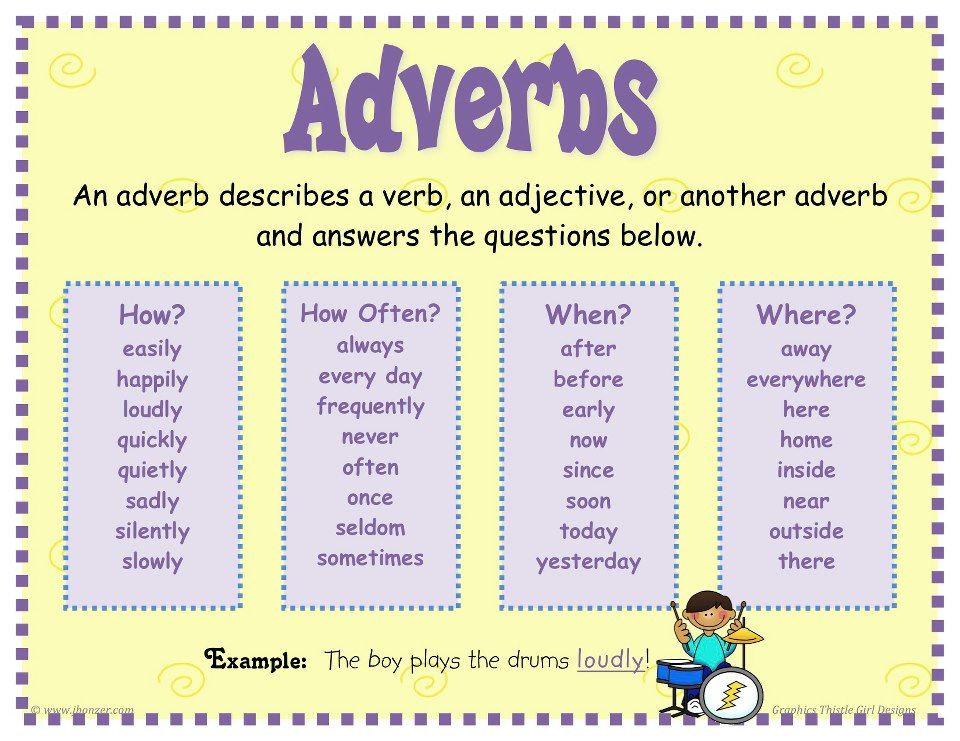 Or, as we say, discharges.
Or, as we say, discharges.
Let's choose adjectives for the word pencil.
Slim
small,
beautiful
wooden,
plastic.
If we asked Masha's sister for a pencil, then we can say that it is Machines or sisters .
Look at the last adjectives. They answer the question whose? Such adjectives are called possessive . They indicate that an object belongs to someone. nine0007
Adjectives that we named first ( thin, small, beautiful ) - quality . They denote the qualities of an object, that is, those features that can be manifested in an object to a greater or lesser extent. It can be color, size, shape, and so on.
Adjectives of the second group ( wooden, plastic ) are called relative . They denote a sign of an object that cannot be expressed to a greater or lesser extent.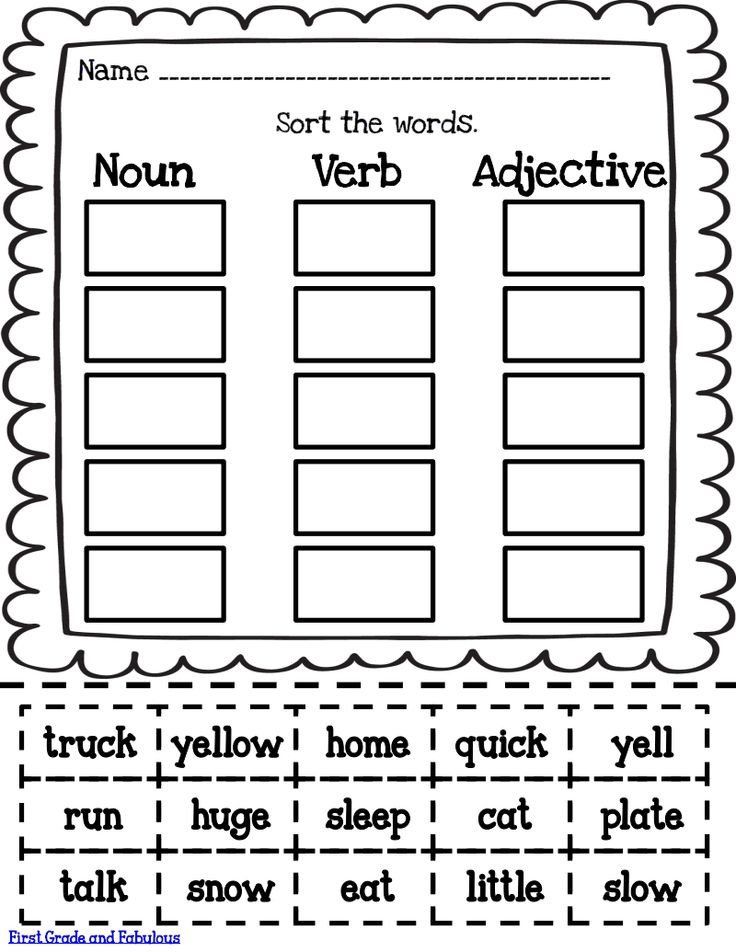 These adjectives denote the material from which the object is made, the sign of the object by time or place of its existence, the sign of the object by purpose, and more. When using such adjectives in phrases, we can easily replace them with nouns. nine0007
These adjectives denote the material from which the object is made, the sign of the object by time or place of its existence, the sign of the object by purpose, and more. When using such adjectives in phrases, we can easily replace them with nouns. nine0007
For example:
Wooden house - house made of wood
Winter day - winter day
3. How to determine the category of an adjective?
Determining which category an adjective belongs to is quite simple. To do this, perform the following algorithm:
1. Ask the question:
If the adjective answers the question whose? , we have a possessive adjective.
But if the adjective answers question what? , go to the next step.
2. From the name of the adjective form a short form or any degree of comparison.
If you succeed, then we have a quality adjective.
And if not, then relative.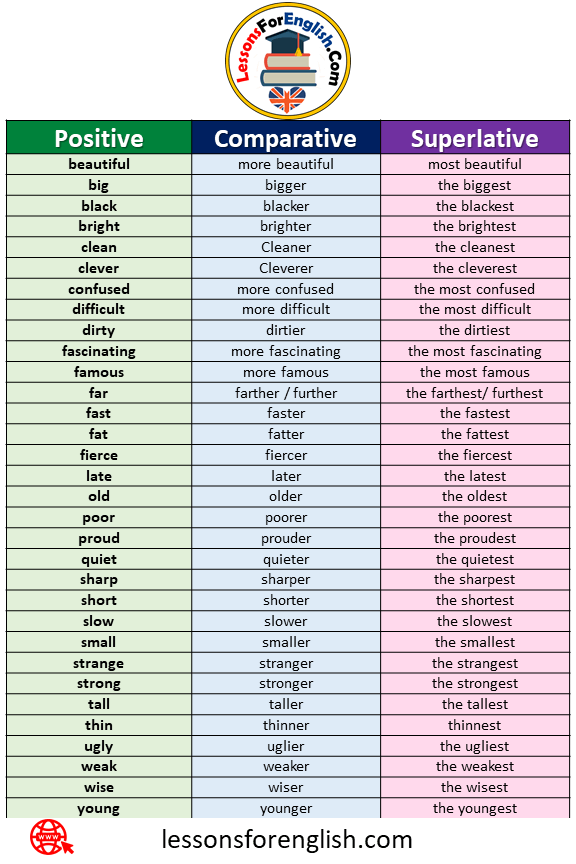
Let's try to determine the ranks of adjectives from the quatrain:
From the evil wolf -
In the earthen crack.
Cold dew –
K cunning fox.
For convenience, we can put adjectives in the nominative singular.
Evil (which one?). We are trying to form degrees of comparison: is meaner, the most evil.
So we have a quality adjective.
Ground ( what? ). We are trying to form degrees of comparison. One mink cannot be more earthy than another. Yes, and a short form from this adjective will not work. We have a relative adjective. nine0007
Adjectives cold and cunning are also qualitative, because they answer the question which one? and from them you can form degrees of comparison ( is the coldest, the most tricky ).
Is it possible to determine the category of adjectives by morphemic composition? Sometimes you can.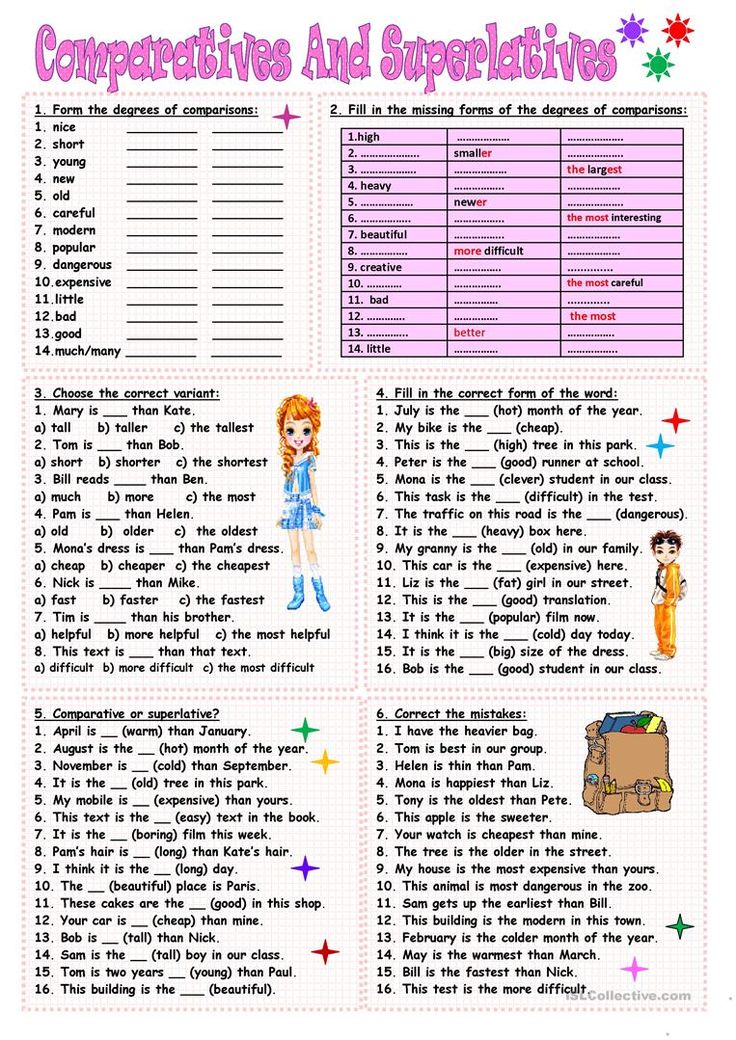 The fact is that the suffixes an, yang, enne are used when we form adjectives from nouns denoting material, substance. These will be relative adjectives: leather en th.
The fact is that the suffixes an, yang, enne are used when we form adjectives from nouns denoting material, substance. These will be relative adjectives: leather en th.
But if there are no suffixes in the adjective, then we have a quality adjective. For example , fast .
Adjectives of all three categories can move from one category to another. But only if they are used in a figurative sense. For example:
Gold ring . In this case, the adjective golden is relative. But in the phrase the golden character is adjective gold will be quality, as it denotes the quality of a person.
Wolf mouth . In this case, we have a possessive adjective. But in the phrase wolf coat , this adjective acts as a relative, because it indicates the material from which the object is made.
Some relative adjectives were so often used in speech in the meaning of qualitative ones that they gradually completely lost their original meaning and are now perceived by us in modern Russian only as qualitative ones. For example, adjectives stormy, outrageous and many others.
For example, adjectives stormy, outrageous and many others.
4. Qualitative adjectives
Qualitative adjectives differ from relative and possessive ones at all language levels.
1. Designate a feature that can manifest itself in an object to a greater or lesser extent
2. May have antonyms: evil / good
3. Always non-derivative
are formed from nouns, adjectives, verbs. nine0007
4. Nouns of abstract meaning can be formed from qualitative adjectives: severity
And adverbs in - about : strictly .
Adjectives with subjective evaluation suffixes: blue, furious .
5. Only they can have degrees of comparison and short form
6. Only they can be combined with adverbs of measure and degree: very large, very strict
5. Formation of relative and possessive adjectives
Relative adjectives are formed from nouns, verbs and adverbs.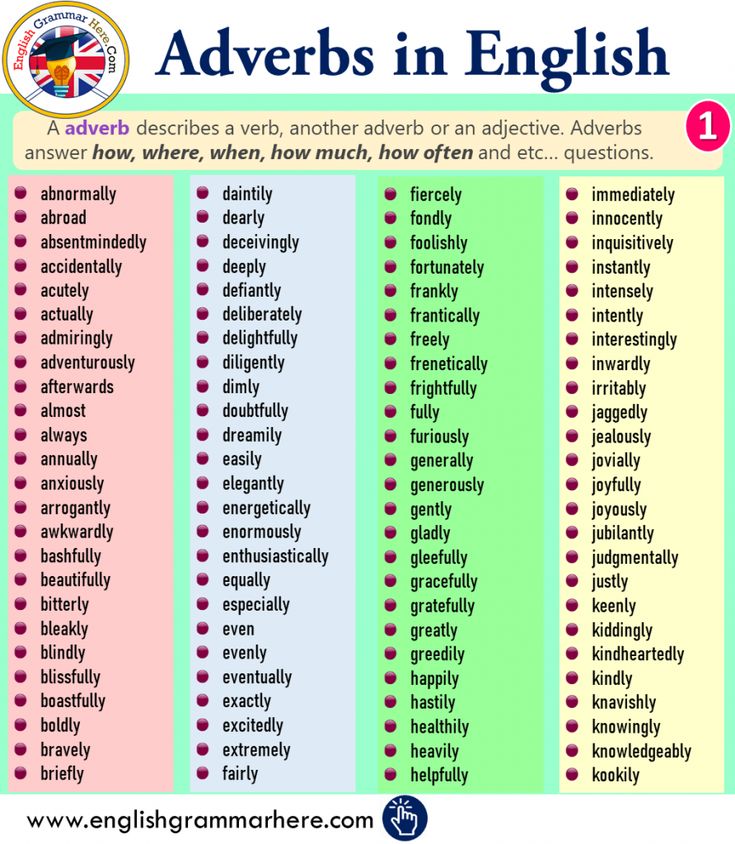 The most common suffixes for their formation are suffixes - l - for example, fluent ; -sk - for example, human ; - in - - poplar ; - ov - – hedgehog ; - n- - forest .
The most common suffixes for their formation are suffixes - l - for example, fluent ; -sk - for example, human ; - in - - poplar ; - ov - – hedgehog ; - n- - forest .
Possessive adjectives are formed only from nouns. With the help of suffixes - ij - - foxes , - ov - - fathers , - in - - mother .
References
- Russian language. Grade 6: Baranov M. T. and others - M .: Education, 2008.
- Russian language. Theory. 5-9 cells: V. V. Babaitseva, L. D. Chesnokova - M .: Bustard, 2008.
- Russian language. 6th grade: ed. M. M. Razumovskaya, P. A. Lekanta - M .: Drofa, 2010.
Additional recommended links to Internet resources
- About adjectives (Source)
- Additional tasks (Source)
Homework
1.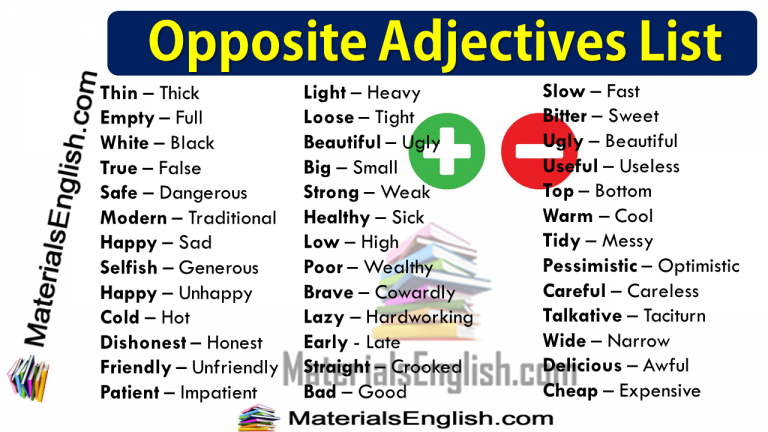 Exercise 1. (Source)
Exercise 1. (Source)
Sort adjectives into categories (qualitative, relative, possessive).
Tin soldier, tin eyes, cold day, long train, brave deed, kind person, stupid question, heart muscle, cordial hello, stone house, stone face, short dress, fat boy, blue scarf, Moscow metro, children's literature , double chin, woolen suit, lead bullet, lead clouds, city park, heavy briefcase, heavy industry, deaf old man, deaf consonant, grandfather's office, Machine work, tit nest, goose paw, dog kennel, wolf's mouth, wolf coat, wolf's appetite, deer antlers, marines, dog cold, katyushin bicycle, grinder, snake venom, snake smile, vegetable oil, lean face, mouse tail, neighbor's garden, grandiose plans, observant person, tragic fate, wooden voice, chicken foot, chicken soup, squirrel collar, iron will, grandfather's words, bird's hubbub, hare hat, december frosts, school uniform, Serezhin's briefcase, Barents Sea, Ber Ing Strait. nine0066
2. Exercise 2.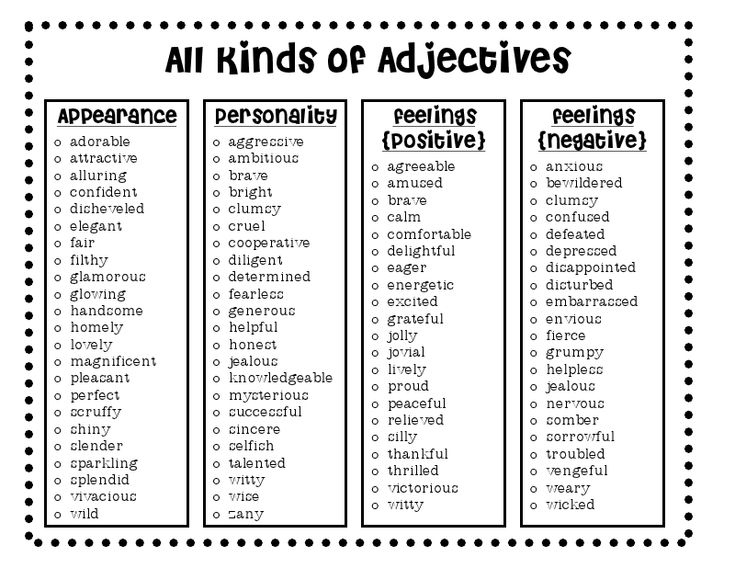
Write down by inserting the missing letters. Underline the adjectives, determine their category.
The whiteness of the snow made the new paws turn green even more fiercely. The steam of the uncold lowlands rose to the level of tree tops and scattered on birch branches. Countless drops of tiny beads sparkled on the sun. The frost began to slowly shave everything that had at least a small fraction of moisture. The forest river, which only yesterday was running towards the blizzard, began (s, h) to crush with silver teeth. Transparent ice confidently poured into the middle of the jet, squeezing the water current carrying a crushing shell. And everything around be (s, h) shone noisily, sparkled, sparkled. But, barely having time to warm up, our great light began to blush and fall on the distant forest tops. Lilac wings, passing into the depths of the dark expanse, descended lower and lower. In the constellation of Gemini, the awakened Mars, the god of the Roman pagans, the patron of wars and conflagrations, flashed with a reddish eye.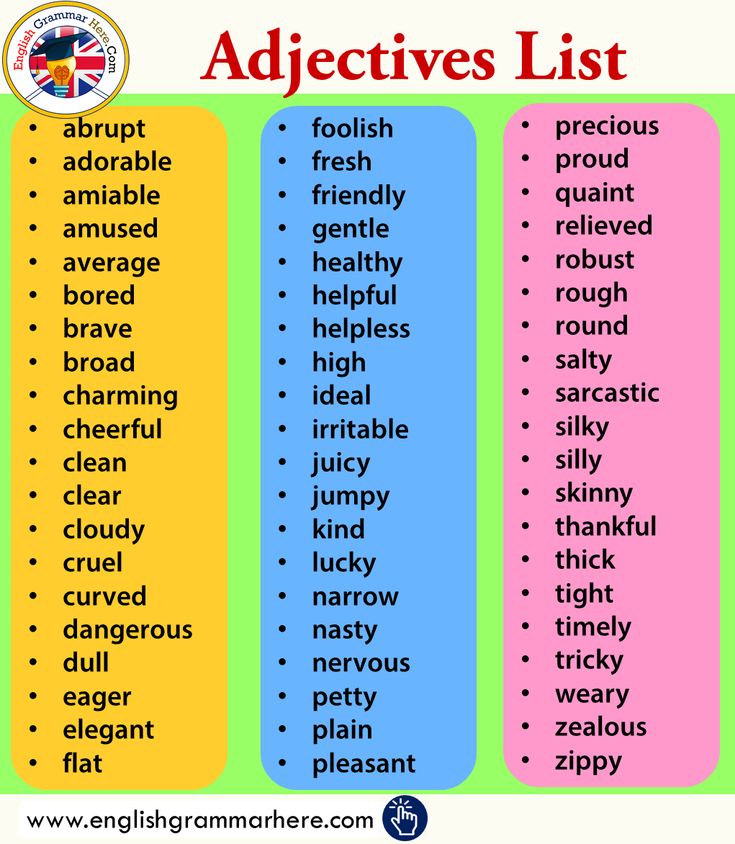 But this brilliance immediately and (s, h) chaz, lost in the twinkling of countless stars. And now close and distant star clusters have already hung over the world. Only a month, glowing bright yellow, but still not (with, h) a cheap light, seemed to be very close to the frosty forest land . (According to V. Belov)
But this brilliance immediately and (s, h) chaz, lost in the twinkling of countless stars. And now close and distant star clusters have already hung over the world. Only a month, glowing bright yellow, but still not (with, h) a cheap light, seemed to be very close to the frosty forest land . (According to V. Belov)
Russian lesson on the topic "Adjective name" (speech development). 2nd grade
Objectives of the lesson:
- to improve the student's activity aimed at mastering ways to enrich speech;
- improve speech development skills;
- to form the ability to use adjectives in speech;
- cultivate aesthetic feelings, love for the native language.
I. Organizational moment
1. Theme, goals, objectives of the lesson
We are now studying the section of the Russian language "Morphology".
Morphology is the science of parts of speech.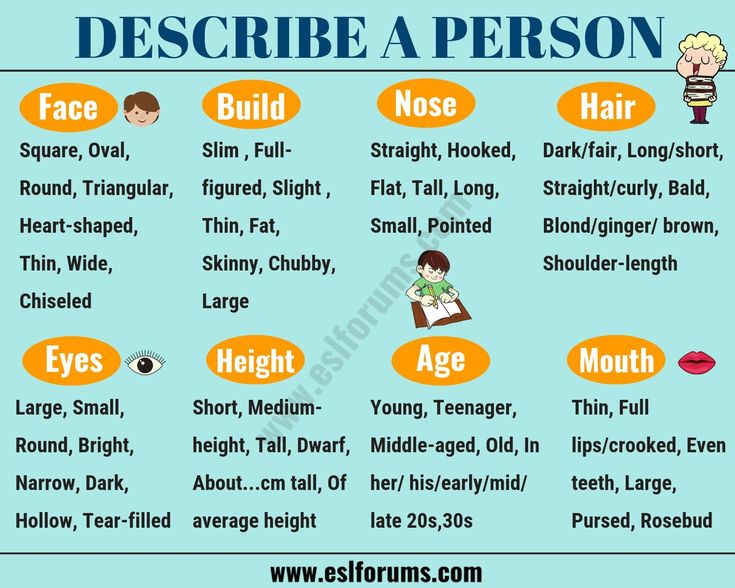 What parts of speech are we familiar with? (support tables: noun, verb).
What parts of speech are we familiar with? (support tables: noun, verb).
Remember what the words in these parts of speech mean and what questions they answer? (find a continuation to the key words).
Today we will devote a lesson to the words of another part of speech - the adjective (supporting words). nine0007
What do adjectives stand for and what questions do they answer (continued)?
Your task is to be able to find adjectives, put questions to them, change adjectives, understand their role in our speech.
There will be many interesting simple and complex tasks at the lesson.
II.
1. Calligraphy (table of questions for adjectives).
What endings do adjectives differ from each other? Write down the endings (sample on the board). nine0007
2. Dictionary (anagrams).
Make words from letters and find an extra word, explain your choice (letters on a magnet):
| LENTYI | / SUMMER / |
| OSEINN | /AUTUMN/ |
| ZMINY | /WINTER/ |
| ALIS | /FOX/ |
What part of speech are these words? Prove it.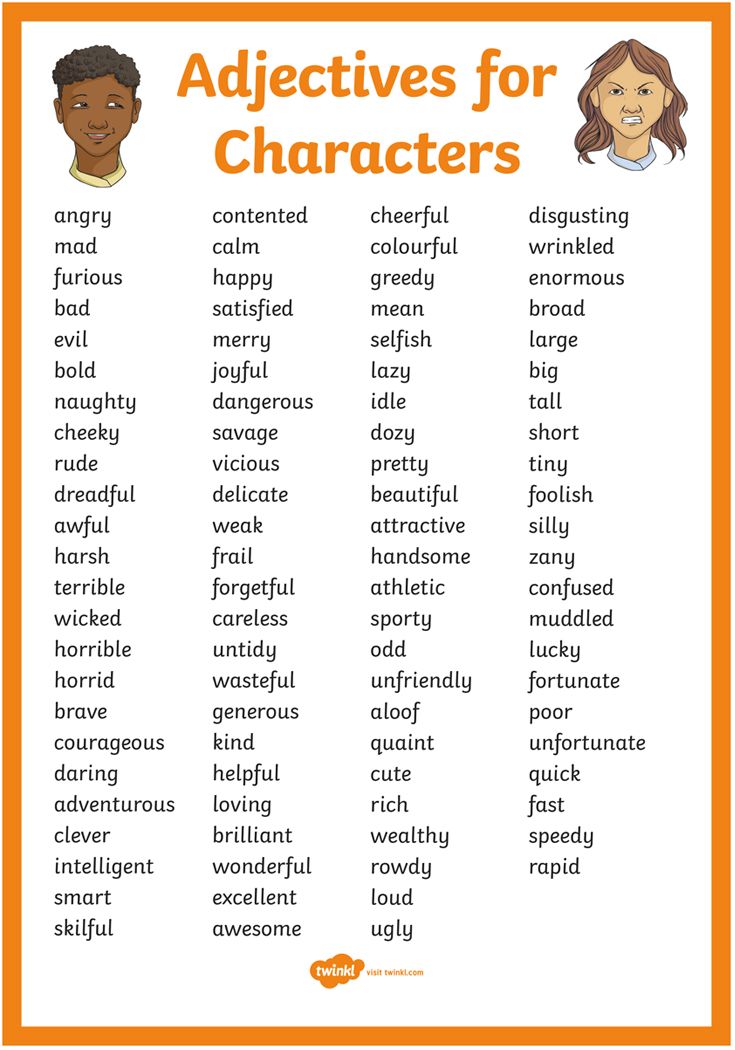
Match the nouns to these adjectives (rain, forest, day).
What season is missing. Form an adjective from the word spring. Choose the right noun and write down the resulting phrase.
III. Main part
1. Riddles.
Guess the riddles.
Available in black, red, blue, with a hard filling in the middle. nine0425 I am friends with a sharp knife and I will draw what I want (pencil)
Small animals, pink ears, gray fur coats,
sharp teeth, sit in a mink, gnaw crusts (mice)Round, hot, bright, blinding, it looks at the whole
world, but does not command itself (the sun)
Which words in the riddle helped solve it? Ask a question, determine the part of speech.
2. Describe the fruit (according to key words)
Apple, cucumber, raspberry. nine0007
Color, taste, size.
What kind of juice can it be?
Jam?
Porridge (cereals: semolina, buckwheat, rice, barley, millet).
Part of speech?
3. Where can I buy this product? (oral)
Vegetables, books, furniture, groceries, milk, bread, meat, fish, flowers, shoes, skates, drill.
4. Form phrases
Read the adjectives.
| school | 1st morning |
| colored | 2nd egg |
| hare | 3rd dress |
| chicken | 4th holiday |
| variegated | 5. pencil |
| new | 6. life |
| door | 7th coat |
| cheerful | 8. |
| leather | 9. lock |
| earlier | 10. belt |
5. The game "What's up?" Pick up a number of signs for the intended object (cards with objects, one student - the driver turns to the blackboard)
Bucket, bus, birch.
6. Independent work (on a piece of paper). Enter words that make sense. Find adjectives in the text, underline them with a wavy line (check - read the adjective first, then the found noun)
There is a strong one in the yard …………………. . In the fields and meadows lies white ……………. At the house there was a big ………………………. Slippery on the pond ……………. Lie down in a lair …………………. . Sleeping in a prickly hole ……………. The birds have long flown away to ……. nine0007
IV. Development of speech
1.
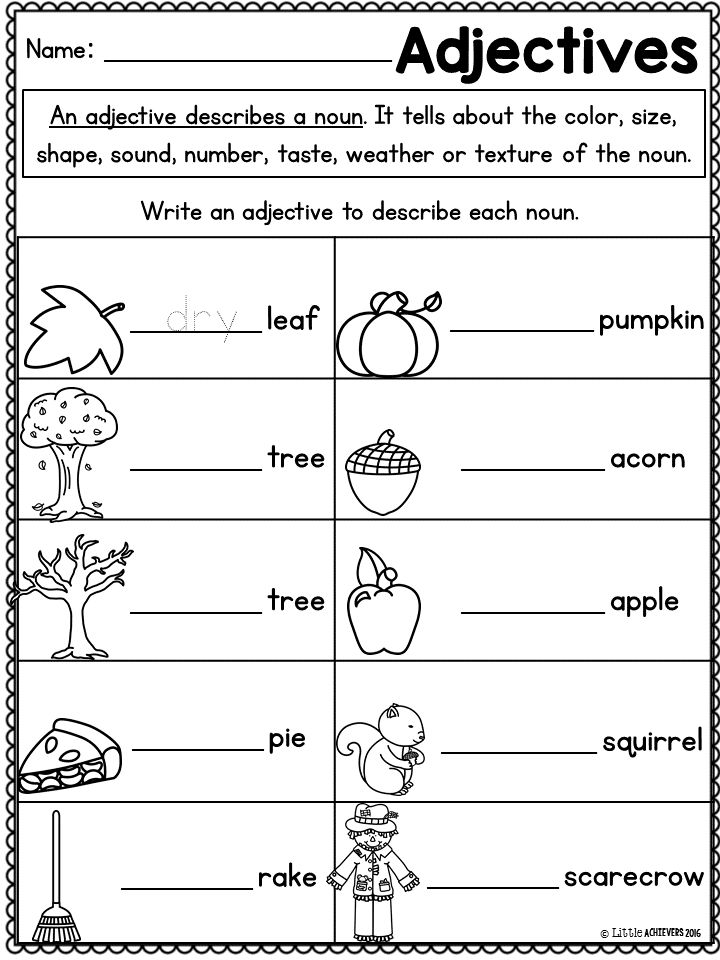 Write down the antonyms (record with commentary)
Write down the antonyms (record with commentary) Sad, bright, healthy, soft, sighted.
2. Look up synonyms (orally, choice from a set, two sticky boards)
Sticky, decrepit, meek, shaggy, courageous.
/ Quick, gentle, shaggy , frosty, quiet, odorous, old , raw, powerful, sticky , brave /
3. Explain the expression (on the leaflet). Direct and figurative meaning.
Golden jewelry, golden words, golden hands, golden heart, golden autumn.
4. Formation of adjectives (writing on the board).
Milk, flowers, boredom, hello, nightingale, clay.
5. Change the data of the phrase according to the model (entry in a notebook from leaflet ). Write them down. nine0006
Pine branch - pine branches.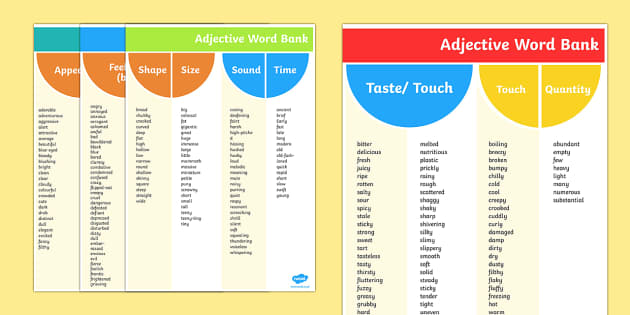
- bunches of rowan - ………
- honey taste - …………
- forest dweller - ………
- rooster crow - ………
- nightingale singing - ……
- dog barking - ……..
6. Lost dog announcement.
Sometimes in life there are times when you need to very accurately match the signs to the subject.
The boy lost his dog. He wrote an ad, he does not have a photo of his pet. Read this announcement. Is it possible to find the loss according to the description given by the boy? nine0007
Here is his dog (illustration). Help your child accurately describe the dog. What name would you give to such a dog? (Choose a suitable nickname: Rex, Spark, Baby)
7. Find and correct error (on a piece of paper).
Front work.
A birch forest covered with tender green leaves is wonderful in early autumn!
The frost was healthy, but the hare was warmed by his gray fur coat.
In the forest, a fox's tail often flashes between the branches of trees. She is checking her stocks for the winter. nine0007
8. Auction (choose an appropriate adjective for the noun).
Fish, socks, mirror (pictures)
V. Lesson summary
Features of adjectives
IV. Homework (on a piece of paper)
" Mosaic game"
Mosaic is a picture of multi-colored pebbles or glass. In our game, adjectives will play the role of colored glass.
Mosaic adjectives:
Blue checkered smart square purple funny kind winged striped bald cheerful angry angry furry huge fluffy shaggy pink white cold hot colorful magical silk transparent glass paper tin copper blue deep wide golden silver nosy wool beautiful orange rag good stone tail warm flat eared flying curve light yellow bright black red amazing weird weird lilac crimson gray floral velvet satin lovely wonderful cute brown tiny big huge iron brick scratchy
Replace ellipsis with any adjective in any order.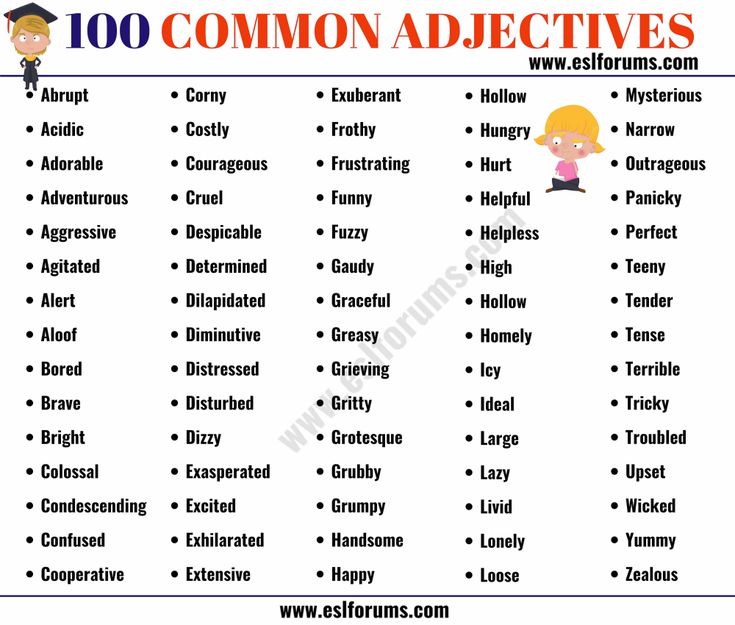

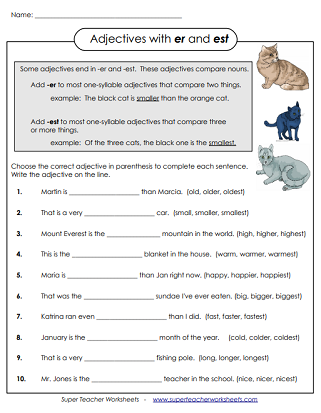 butterfly
butterfly 